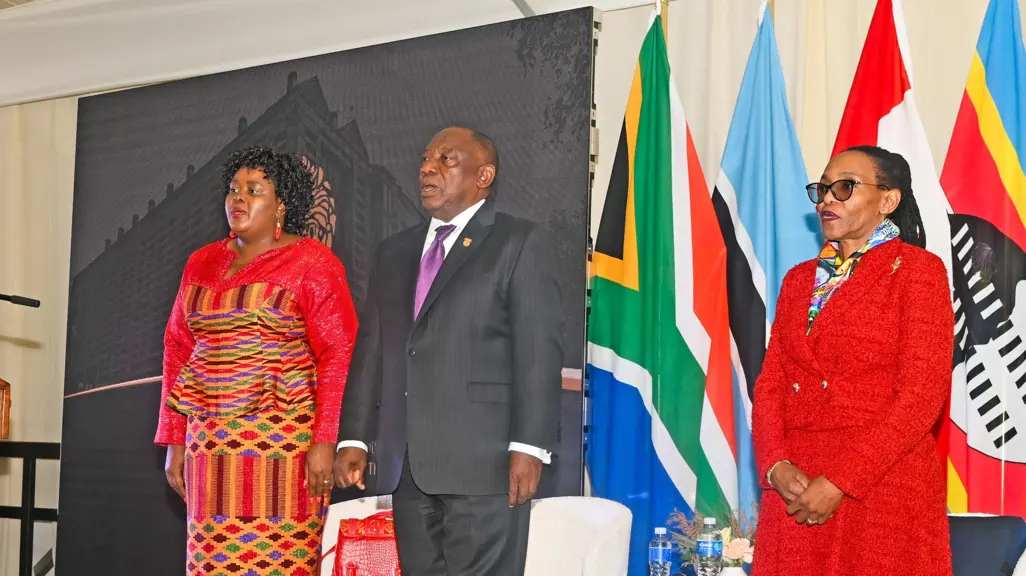
Ramaphosa marks ConCourt’s 30th anniversary with pledge for full judicial independence. image: @OCJ_RSA/X
(The Post News)- President Cyril Ramaphosa has announced a sweeping reform to South Africa’s justice system, committing to making the judiciary fully independent including in its finances and administrative operations for the first time since the dawn of democracy.
Speaking at the Constitutional Court’s 30th anniversary celebration in Braamfontein, Ramaphosa described the move as long overdue and a necessary step toward strengthening the principle of separation of powers.
The President confirmed that a joint committee has been established to oversee the transition. Once implemented, the judiciary will manage its own budget, directly allocated by the National Treasury, and take control over administrative functions, including the appointment of staff. These tasks are currently handled by the Department of Justice and Constitutional Development, effectively placing the judiciary under the executive’s operational influence.
This announcement follows a high-level meeting earlier this month between the President and senior members of the judiciary, led by Chief Justice Mandisa Maya. At that meeting, judges expressed concern about the judiciary’s dependence on the executive for critical resources, which they said compromised both efficiency and the perception of independence.
Ramaphosa, alongside Justice Minister Mmamoloko Kubayi, agreed to act on the matter, describing the current arrangement as inconsistent with constitutional principles.
Presidency spokesperson Vincent Magwenya clarified that while the judiciary has always functioned independently in terms of its rulings, administrative and financial matters were still handled by the Department of Justice. “Those areas will now be fully managed by the judiciary, as they should be,” he said.
The announcement has been welcomed by legal experts and civil society organisations, who have long called for such reforms. Many view the shift as essential to insulating the courts from political influence and enabling them to better uphold the Constitution and the rule of law.
As the court celebrates its legacy, Ramaphosa’s announcement signals a renewed commitment to judicial independence not just in theory, but in institutional design and daily operation.



